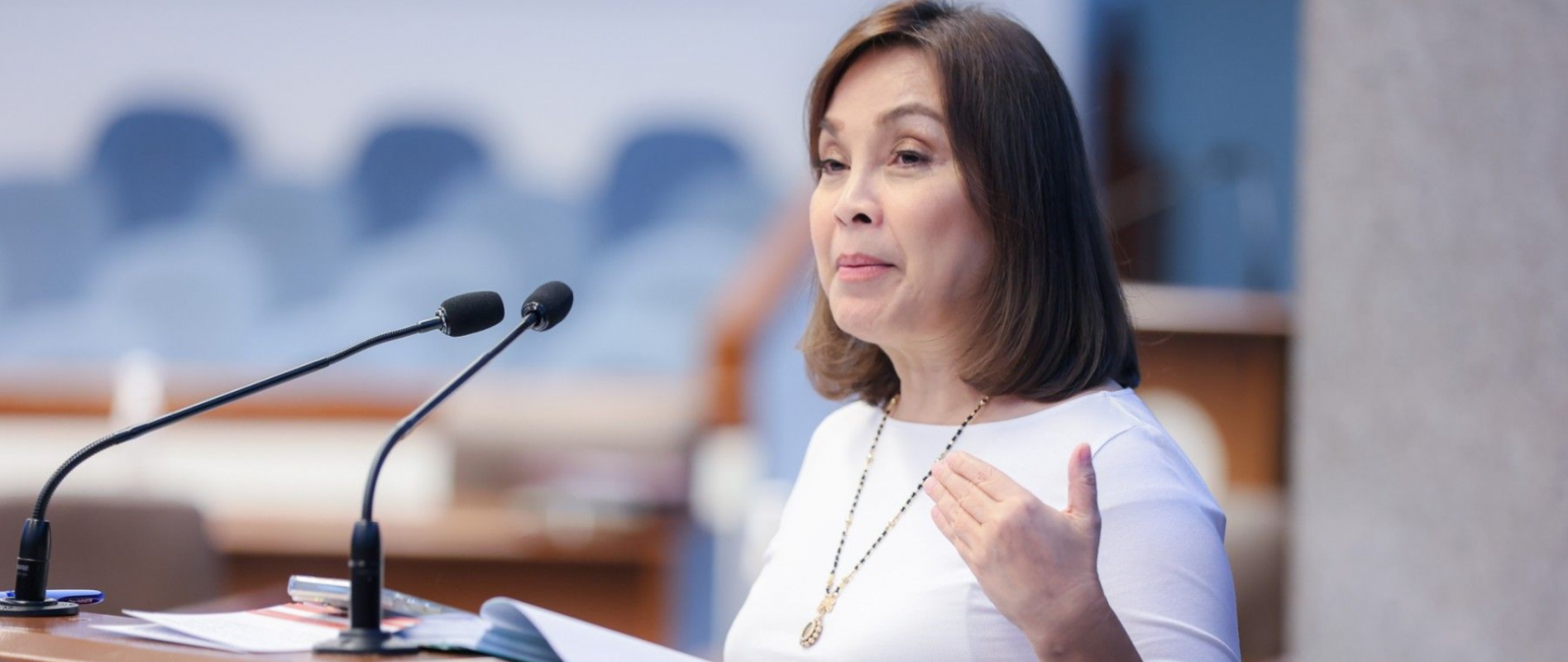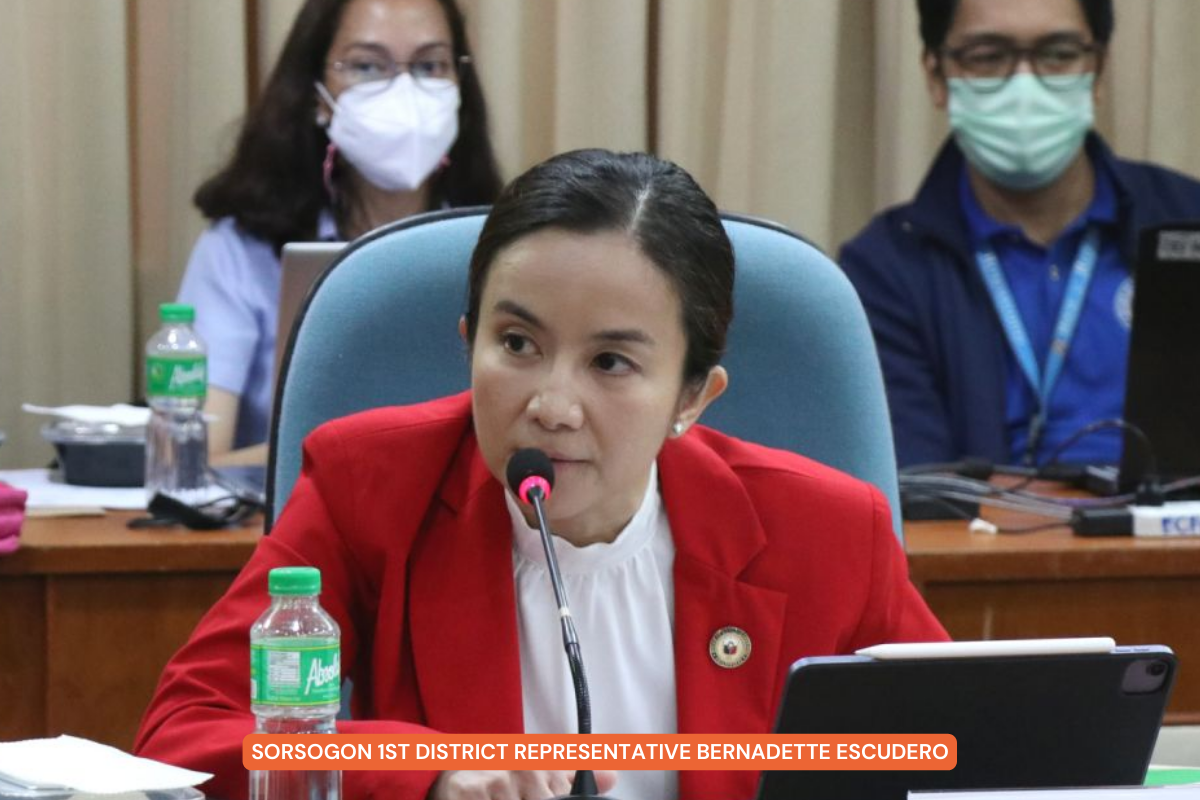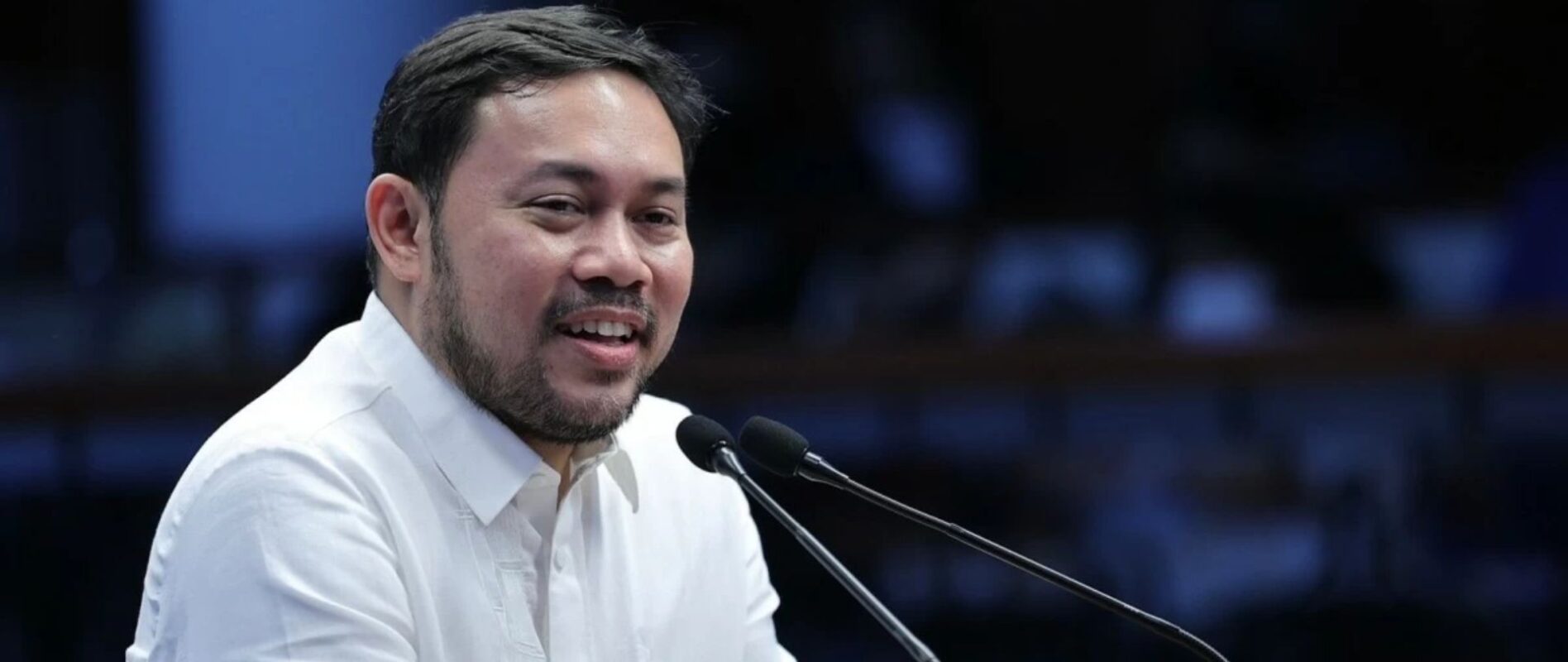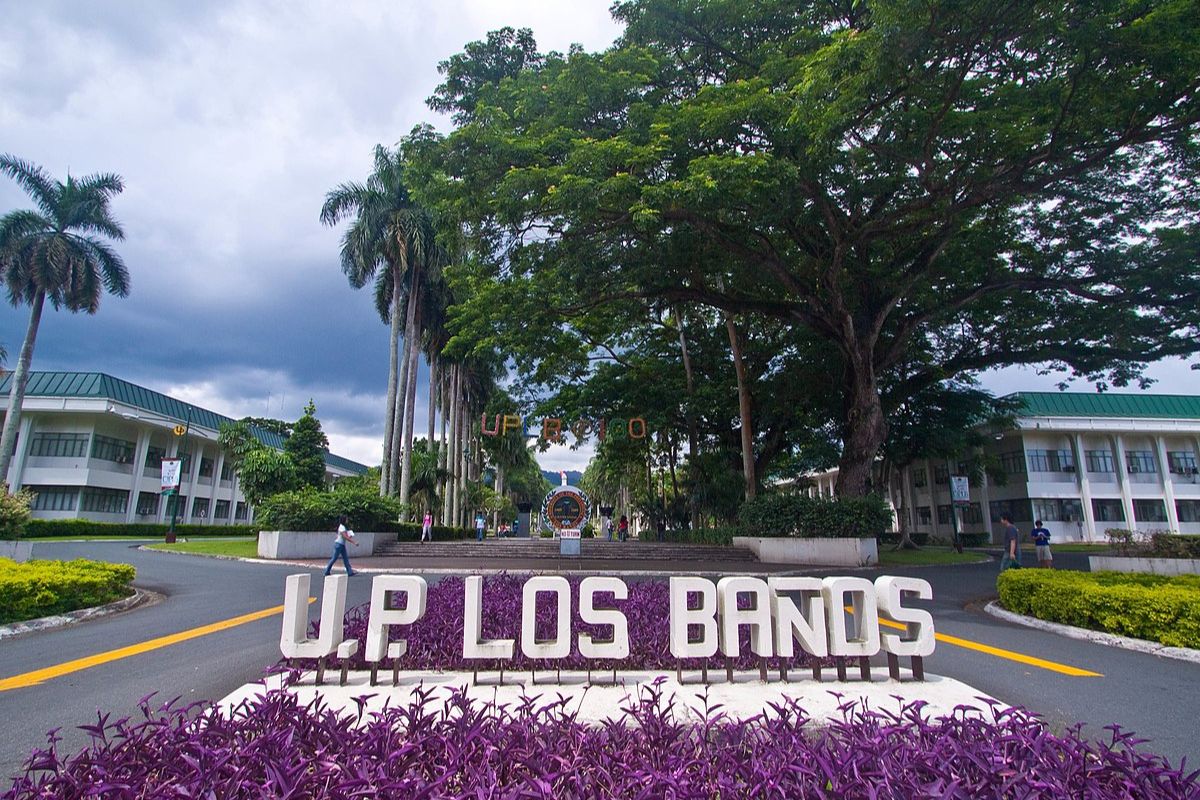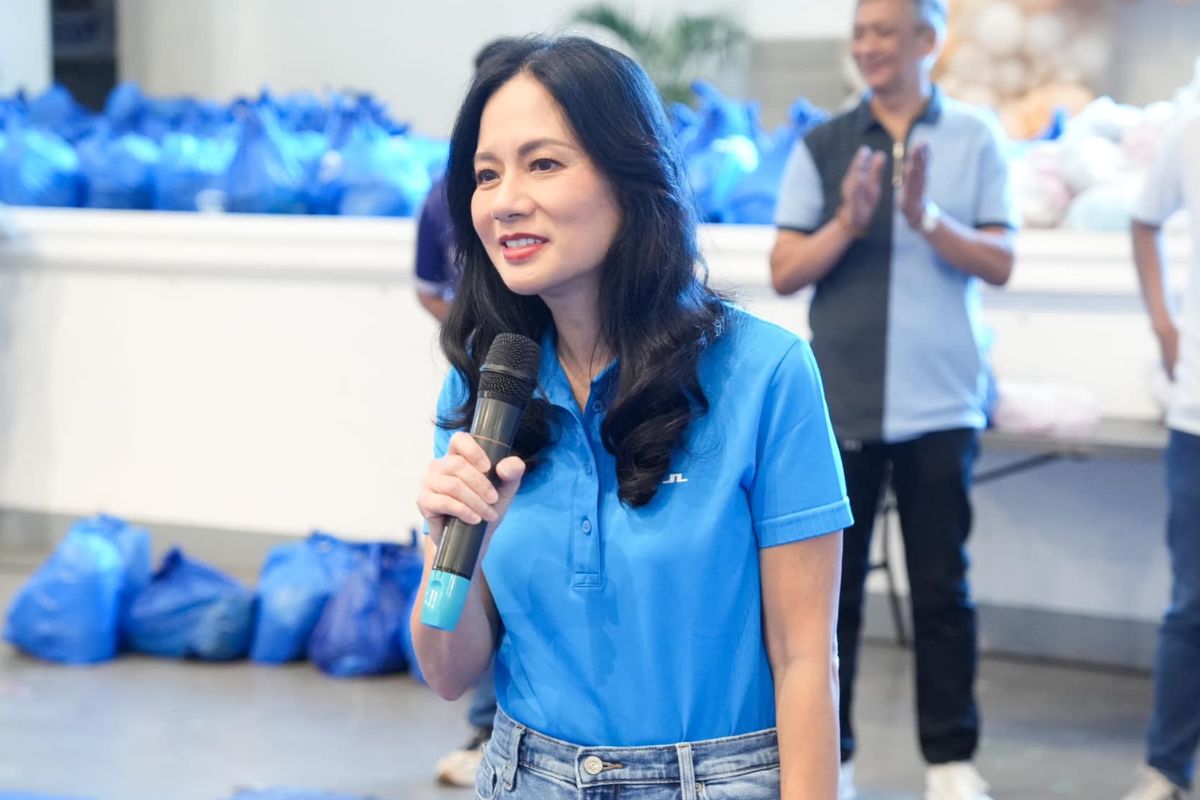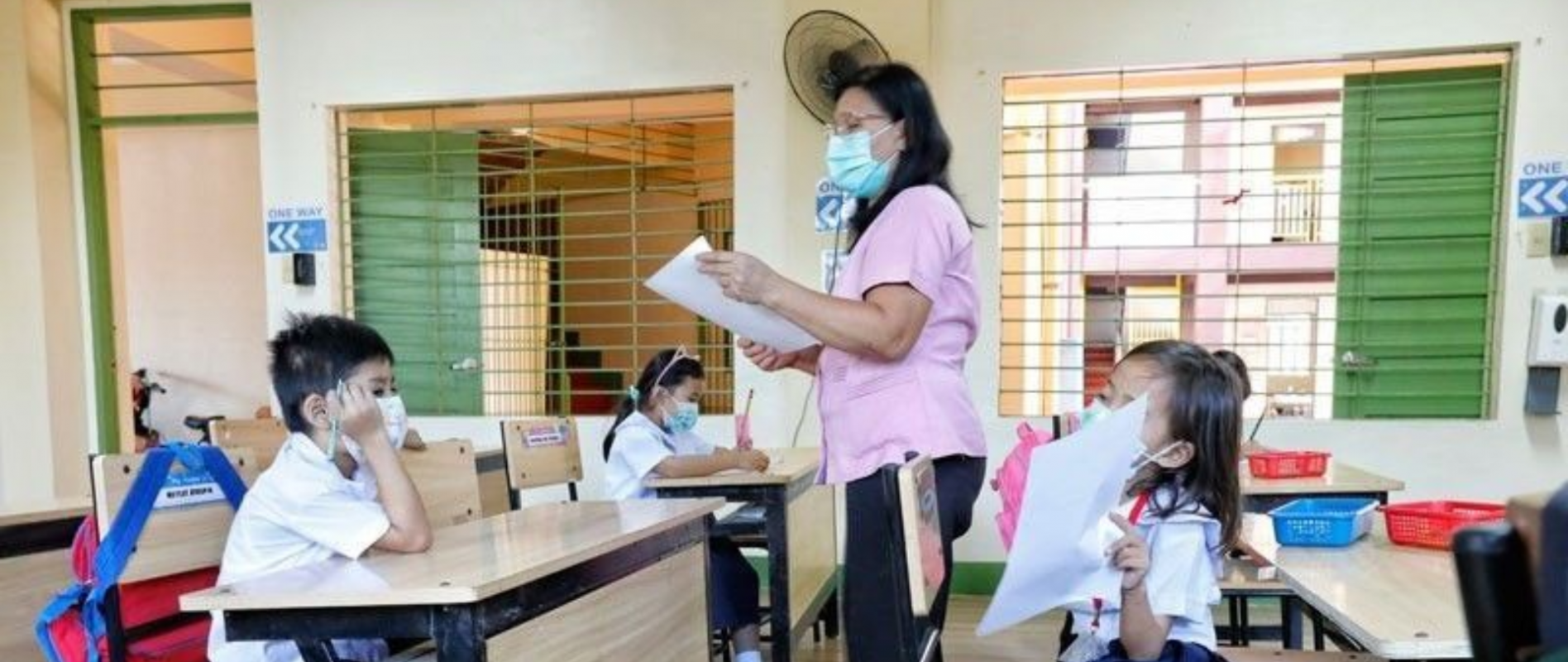LEARNING SHOULD BE SUSTAINABLE — SENATOR
SENATE Committee on Higher, Technical and Vocational Education chairperson Loren Legarda on Tuesday stressed the need to sustain learning, especially in far-flung areas.
Legarda said many schools in remote communities still operate without electricity, proper classrooms, or clean water.
“We cannot expect children to learn or teachers to stay if we do not first provide the most basic conditions for education,” Legarda said.
Findings from the Second Congressional Commission on Education revealed that of approximately 9,000 remote schools nationwide, about 1,500 remain unelectrified, while many lack adequate sanitation and safe learning spaces.
These challenges are compounded by difficult terrain and a shortage of teachers—conditions that have prevented thousands of children from completing basic education.
The senator urged her colleagues to support Senate Bill 1412 or the Last Mile Schools Bill, which seeks to bring quality education to children living in the country’s most geographically isolated, disadvantaged, and conflict-affected areas.
“This bill is about giving every community the means to sustain learning, not just access to it,” Legarda stressed.
The Last Mile Schools Bill adopts a whole-of-government approach to close these gaps. It directs the Department of Education to work with the Department of Public Works and Highways for access roads, the Department of Energy and the National Electrification Administration for power supply, and the Department of Information and Communications Technology for internet connectivity.
“The goal is to make schools a living part of every community. Education should not depend on distance or circumstance. When every child can learn within their own community, the promise of education becomes real,” Legarda added.

